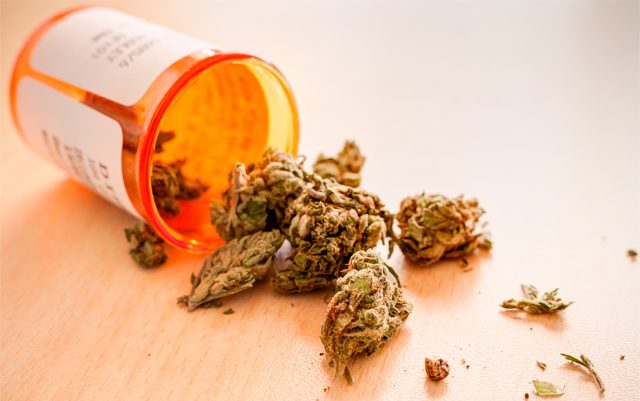There have been issues with launching the medical cannabis program in the state of Pennsylvania, including dispensaries experiencing a shortage of available product for patients. Despite this, the State Department of Health recently announced it would be accepting more applications for new dispensaries and growing operations in April of this year.
According to NBC 10 Philadelphia, 13 permits will be up for grabs for growers and processors, while 23 will be available for dispensaries. In addition to the permits for dispensaries and grow ops, the expansion of Pennsylvania’s medical marijuana program will include issuing permits to ‘clinical registrants’ for medical schools and hospitals who are interested in doing tests and much-needed research on the plant medicine.
One of those schools will likely be Thomas Jefferson University, who say they want to become an “academic clinical research center”. In 2017, Thomas Jefferson University received a donation of $3 million from Australian philanthropists Barry and Joy Lambert. The University used this donation to found the Lambert Center for the Study of Medical Cannabis and Hemp.
“This could really put Pennsylvania into the forefront of this whole controversial and challenging area,” Dr. Charles Pollack, director of the Lambert Center, told NBC10 after the university received the donation.
There are several other schools that are eager to run clinical tests on cannabis, including the University of Pittsburgh.
“We believe that the research will be of great importance in determining the safety and efficacy of medical cannabis products in treating specific diseases,” the University of Pittsburgh said in a statement.
Even though the Keystone State’s medical cannabis program is relatively restricted in comparison to that of other states, it is the only one that has introduced research elements. Ohio and Florida have both discussed research components in their programs, but there have not been any laws on the books as of yet.
NBC 10 reports that Penn Medicine, Drexel University and the University of the Sciences are also interested in conducting medical cannabis research. The fact that so many universities in the state are eager to start their own testing on the plant medicine is an encouraging sign. If the research conducted by these universities ends up being successful, it would open the door for more states to implement research into their medical cannabis programs. The more medical research that is done on the plant the better, and it will obviously fly in the face of any kind of prohibitionist rhetoric that politicians continue to trot out.






